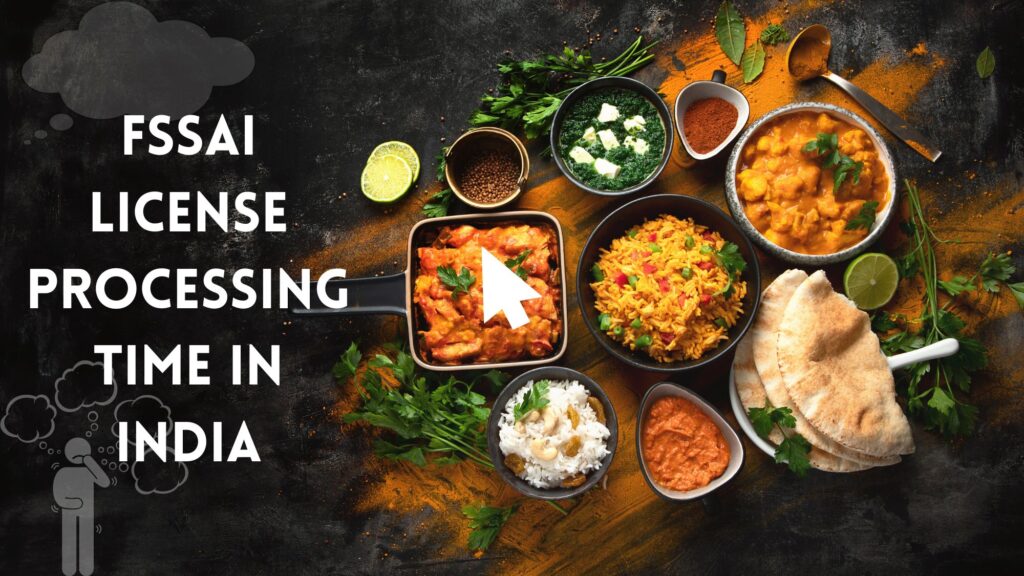Title: Navigating FSSAI Registration: A Simple Guide
Embarking on the FSSAI registration process is pivotal for ensuring the safety and quality of our food. This guide simplifies the journey, covering essential aspects such as required documents, benefits, and potential penalties. Let’s unravel the intricacies of FSSAI registration in plain and easy-to-understand terms.
1. What is FSSAI registration?
FSSAI, or the Food Safety and Standards Authority of India, ensures that the food we consume meets safety and quality standards. Registering with FSSAI is a way for businesses to demonstrate their commitment to delivering safe products.
2. Documents required:
To start the FSSAI registration journey, gather a few key documents:
- Identity Proof: Personal identification, like an Aadhar card or voter ID.
- Address Proof: A document verifying your business address, such as a utility bill or rental agreement.
- Business Details: Basic information about your food business, including the types of products you deal with.
3. Benefits of FSSAI Registration:
- Consumer Trust: FSSAI registration builds confidence among consumers, assuring them that your products meet safety standards.
- Legal Compliance: It ensures your business complies with the law, preventing legal issues down the road.
- Market Expansion: FSSAI registration opens doors to wider markets, as many retailers and consumers prefer products with this certification.
4. Penalty for Non-Compliance:
FSSAI takes food safety seriously, and non-compliance may result in penalties. These could include fines or even the suspension of your FSSAI license.
Conclusion:
Navigating the FSSAI registration process doesn’t have to be complex. By understanding the required documents, recognizing the benefits, and being aware of potential penalties, you can ensure your food business is on the right track. FSSAI registration isn’t just a legal requirement; it’s a commitment to providing safe and quality food to consumers.


